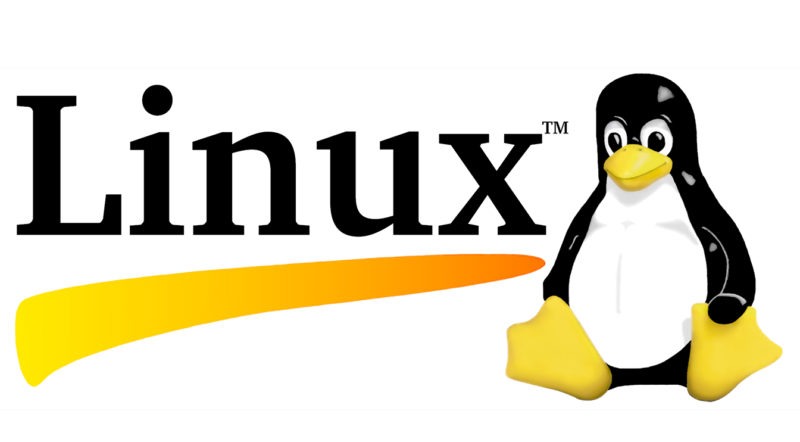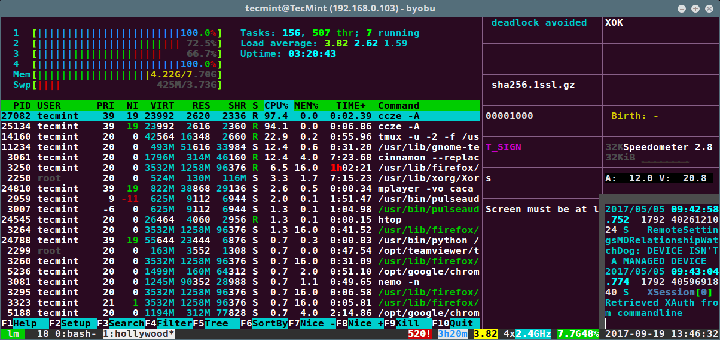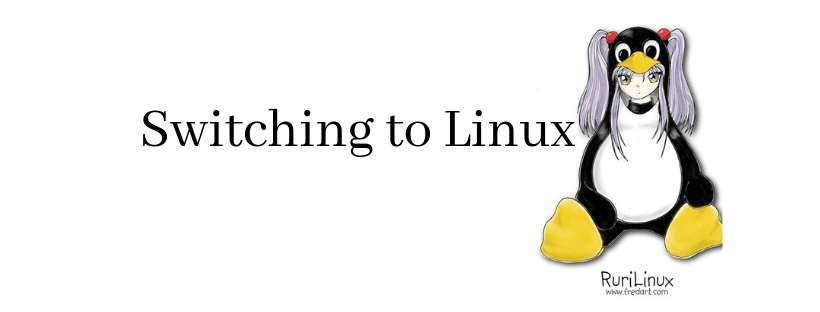
My switch to Linux could’ve been smoother if I had selected a distribution (Linux has many flavors, or distros, that are designed with different purposes in mind) like Ubuntu; one designed for gaming. Instead, I went with the system Ubuntu and others built on: Debian. I selected it because I wanted something stable. Debian powers the International Space Station. I wanted something that just worked after years of fiddling with Windows. While getting my Nvidia card to run well on Debian was a little fiddly–I had to learn how to install proprietary drivers, which isn’t always easy in Debian–Debian just runs. In fact, I haven’t crashed Debian. I’ve crashed software that runs on it. I’ve messed up my desktop environment. But Debian itself refused to crash no matter what I did to it. I later changed to Kubuntu and enjoyed it more.
Over the past year, I’ve become comfortable with the terminal, the command line. While you don’t need to know how to use the terminal to run Ubuntu and other versions of Linux, it is powerful. With just a line typed on a keyboard, I can install games, desktop environments, or anything else. I no longer have to go hunting on websites for this or that software or driver. It’s all in one place. Whenever I have to work on the library’s Windows PCs, I’m reminded of how easy and faster it is to do the same task on Linux.
In fact, Linux has allowed me to work on JP articles faster. While most of the work I do for JP is on Firefox, Linux allows me to work without data loss, move files around faster, and edit images faster. It’s a difference of a few seconds, but when I write 52 articles or more a year, even a 5 second savings adds up to about 5 minutes being saved. Now add in how much time I save on other tasks, and I’m saving several hours of needless work every year. That’s time I can put toward gaming or reading or learning something new.

I had expected to lose time with my change to Linux, especially when I remember working on Red Hat for my Sed and Awk class (super-old school text editing). But instead, I spend less time troubleshooting and more time working. I don’t have to worry about updates when I need to get something done. Windows has been bad at that lately. I don’t have to worry about crashes or data loss. In fact, I haven’t had to recover a single file since I moved. The computer starts without delays. If I had to guess, I’ve likely saved around 6 hours or more because of how little fixing I have to do.
Now, it hasn’t always been smooth. I wanted to play around with the Pantheon desktop environment (Linux separates the desktop from the operating system, so you can change it to whatever works for you). I installed it and got it running with difficulty. Next time I booted, however, the desktop refused to load. None of my desktops loaded! Fortunately, it was an easy fix. I entered the terminal, removed all the desktops and installed KDE Plasma (I wanted to try it anyway). I customized KDE and went on my way. But that incident was my own fault. If I hadn’t try changing anything, I wouldn’t have lost that time.

I’ve become sensitive to how I use my time. Now that I’m quite busy as a library manager and author, I don’t want anything to intrude on how I have tasks scheduled. When it is time to write for JP, that is what I want to do. I don’t want to fix drivers or fix my customizations after an update. Now, I don’t have to. I just work or game.
Linux isn’t for everyone. It requires some technical knowledge or a willingness to learn. It’s not hard by any means. You don’t have to know about IRQs or other obscure things. It’s no more technical than Windows if you choose Ubuntu or PopOS. It’s mostly different in how it approaches tasks. Of course, not all AAA games will run on Linux. If you are an Xbox person, I suggest you stay away. Xbox games are designed to run inside Microsoft’s playground and nowhere else. Getting them to run on Linux can be a headache, and they may (likely) still not run. If you are more like me–you prefer older games and you don’t care about flash-bang graphics–than Linux might be your jam. If you want a computer that works, Linux is for you. Linux also doesn’t have all the virus problems Windows has because of how it is designed. It’s not perfect, but it is a good choice.
It doesn’t matter if you are a sleep-deprived otaku who just wants to stream anime, a content creator, or a gamer. Nearly everyone has to use a computer. Linux offers a good choice for those who get tired of the way Microsoft and Apple handle things. It’s a good choice for people who want to get their work done without much downtime. In the past year, I haven’t once giving a thought to changing back to Windows. I’ve been pleased by how well my experience has been and the power Linux offers.
My Future Plans
I wanted to post something lighter this week after the in-depth topic about Heian sexuality. I also spent the week researching Japan’s slave practices in the past and today. Yes, Japan has slavery today despite declaring it illegal some time ago. As you may have guessed, the yakuza have a hand in it. Look for two related articles some time in the future. Also look for articles about Japanese professional wrestling and a series where I revisit anime I’ve watched several years ago. I have articles waiting that examine neckbeards and cringe culture too.
Later this year, I plan on releasing a compilation of Japanese folklore I’ve revised and rewritten. The collection has 177 stories covering fox stories to heroes and everything in between. The manuscript weighed in at 174,000 words when I sent it to my editor. I plan on posting some of the original stories here on JP so you will have a chance to compare my rewrites against the original English versions. By the way, sometimes the English accounts were the oldest written versions. Many stories weren’t recorded in Japanese until after scholars like Hearn and Griffis wrote them down in English. Also, I plan on releasing the sequel to Kanzashi next year. Hotaru will offer a new mystery for Mameko to solve.
Speaking of writing, in the future I plan to post chapters from my children’s story The Fox Brothers and Old Tanuki’s Trick. If you enjoy this, I may post chapters from the other short stories that languish on my hard drives. Does this interest you? I can’t claim they will be well edited though!
Although COVID rages in the US because of our foolish behavior, all is well in my little corner of the world. I hope it is in yours too. I’ve managed to meet almost all this year’s writing goals before June, and I’ve even written a science fiction novella for fun. Now I’m drafting the fourth book in Mameko’s story and working on various side projects. I hope events are allowing you to be as productive (and feel as happy and content) as I have been. The slow down and a possible Second Pause offers a rare chance to focus on your goals. If there’s anything about anime or Japan you’d like me to research and write about, as always, let me know!
Stay safe and well,
Chris


